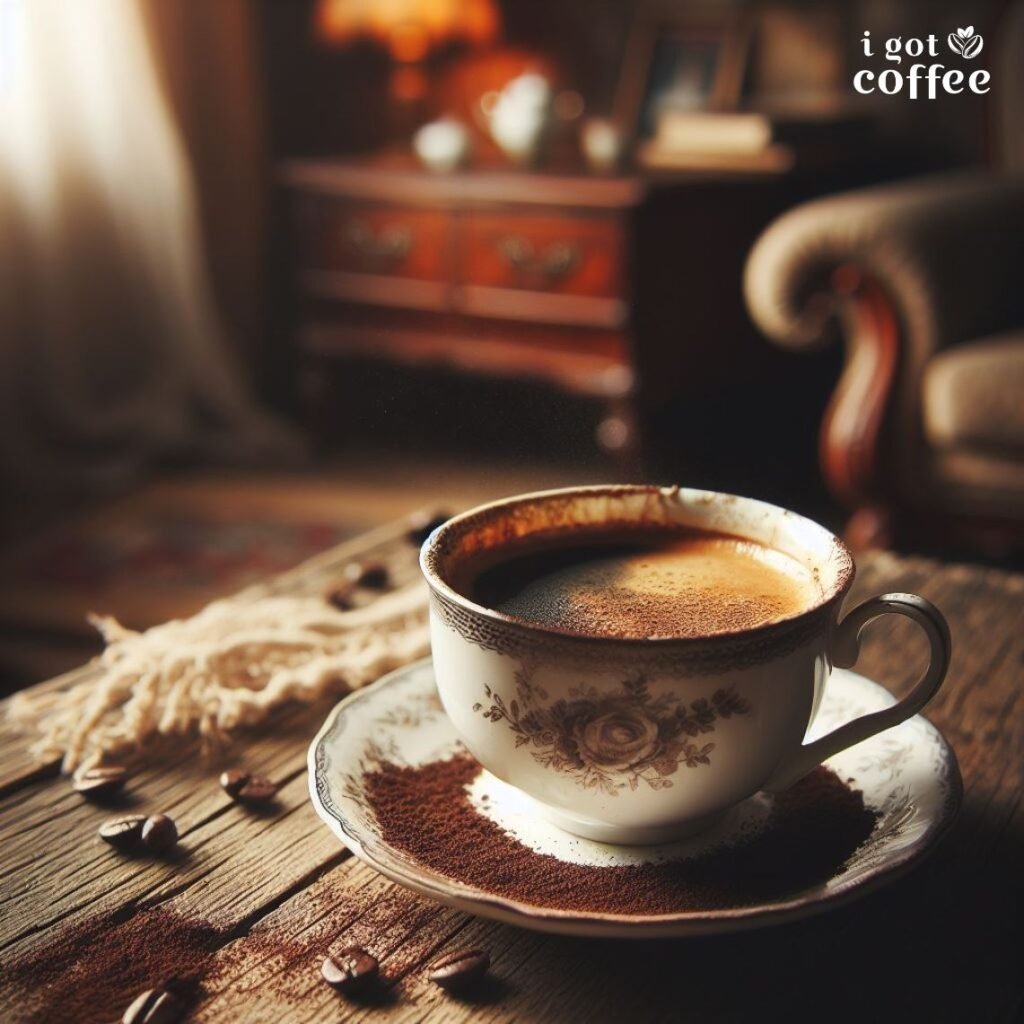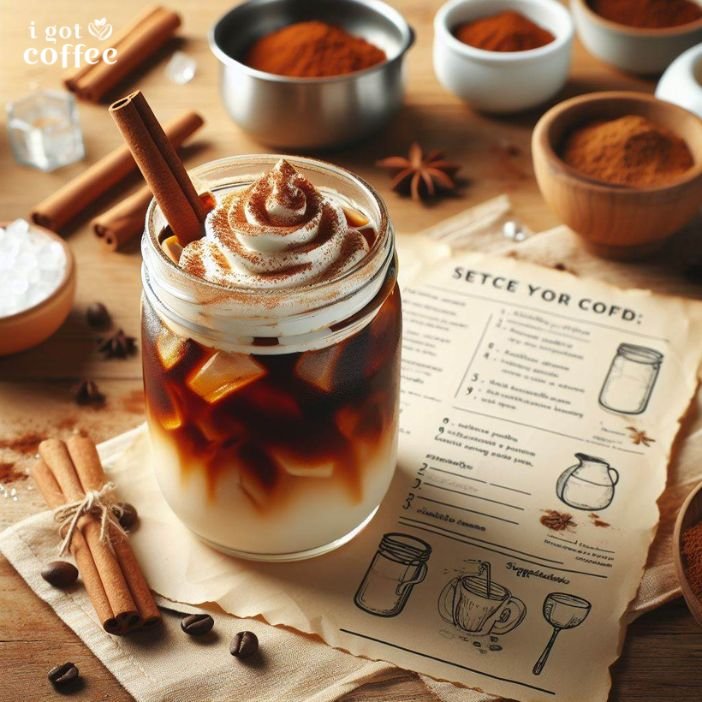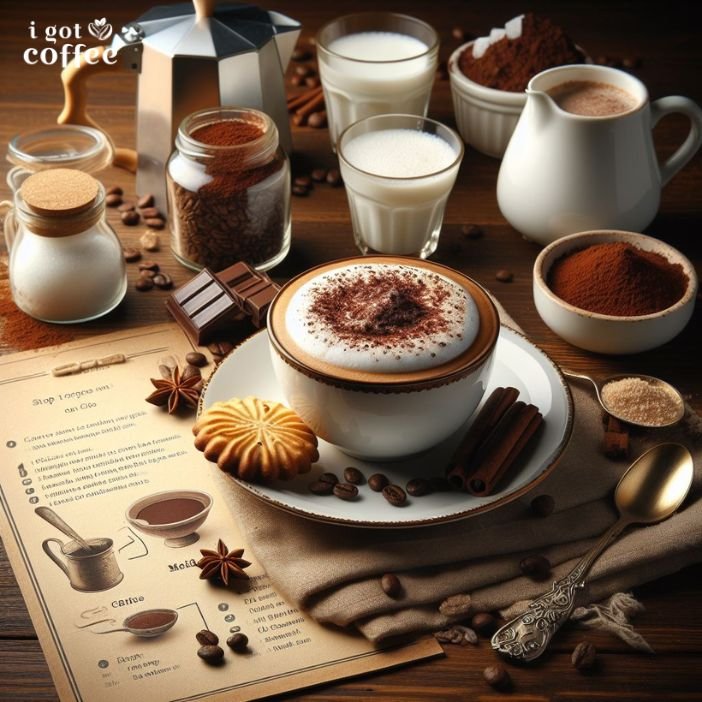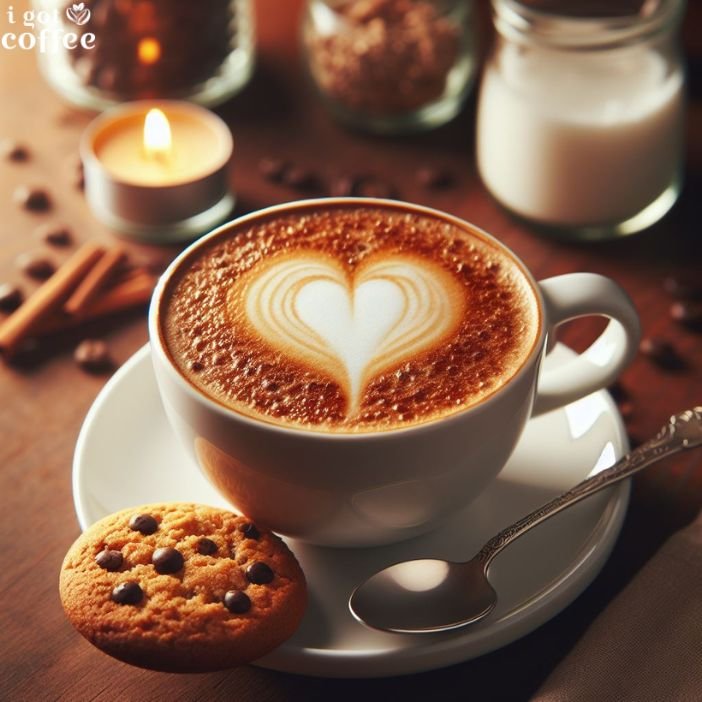What Is Dirty Coffee?
Dirty coffee is a unique type of coffee that has become increasingly popular in recent years. It is made by combining a single shot of espresso with a cup of hot water. The result is a strong, full-bodied coffee with a rich flavor and creamy texture. Unlike other coffee types, Dirty Coffee has a unique brewing process that requires a specific set of equipment and techniques. The name ‘Dirty Coffee’ is derived from the fact that the espresso shot is not filtered, resulting in a ‘dirty’ flavor. This is in contrast to traditional coffee, which is filtered and usually contains more water. The resulting beverage is often referred to as a ‘dirty shot’ or ‘dirty cup’.The Origin and History of Dirty Coffee
Dirty Coffee has its roots in the Italian espresso tradition. The first espresso machine was invented in the early 1900s, and it quickly became a popular way to make coffee. In the 1950s, Italian baristas began experimenting with different brewing methods, and the ‘dirty shot’ was born. The concept of Dirty Coffee spread throughout Europe in the 1970s, and it eventually made its way to the United States in the 1980s. It has since become a staple in many coffee shops and cafes around the world.How to Make Dirty Coffee
Making Dirty Coffee requires specific equipment and techniques. The most important piece of equipment is an espresso machine, which is used to make the espresso shot. Other essential items include a coffee grinder, a tamper, and a milk frother. The process begins by grinding the coffee beans to a fine powder. The grounds are then placed in the portafilter and tamped down firmly. The portafilter is then inserted into the espresso machine and the espresso shot is extracted. Once the espresso shot is ready, it is combined with a cup of hot water. The resulting beverage is a strong, full-bodied coffee with a rich flavor and creamy texture.Choosing the Right Beans for Your Dirty Coffee
The type of coffee beans you use for your Dirty Coffee will have a significant impact on the flavor and aroma of the final product. The best beans for Dirty Coffee are usually medium to dark roast, with a strong flavor profile and low acidity. It is also important to consider the origin of the beans. Arabica beans from Central and South America are generally considered to be the best for Dirty Coffee, as they have a rich, bold flavor and low acidity.Types and Variations of Dirty Coffee
There are several types and variations of Dirty Coffee available, each with its own unique flavor profile. The most popular types are Americano, Latte, and Cappuccino. Americano is the most basic type of Dirty Coffee, and it is made by combining one shot of espresso with a cup of hot water. Latte is a more complex variation, and it is made by combining one shot of espresso with steamed milk and a layer of foam on top. Cappuccino is a variation of the Latte, and it is made by combining one shot of espresso with steamed milk and a thick layer of foam.Caffeine Content in Dirty Coffee: What You Need to Know
The caffeine content in Dirty Coffee can vary depending on the type and strength of the espresso shot. Generally, a single shot of espresso contains around 75mg of caffeine, while a cup of hot water contains around 15mg. This means that a cup of Dirty Coffee will typically contain around 90mg of caffeine. It is important to note that the caffeine content can vary depending on the type of coffee beans used and the strength of the espresso shot. For example, a shot of espresso made with dark roast beans will typically contain more caffeine than a shot made with light roast beans.Is Dirty Coffee Good for Your Health? Exploring the Benefits
Dirty Coffee has several potential health benefits, including increased energy, improved focus, and reduced risk of certain diseases. The caffeine in Dirty Coffee can provide a quick boost of energy, making it a great choice for those looking for an extra boost of energy during the day. It can also help to improve focus and concentration, making it a great choice for those looking to stay productive. In addition, Dirty Coffee contains antioxidants, which can help to reduce the risk of certain diseases, such as heart disease, diabetes, and cancer. It can also help to reduce inflammation and improve digestion.Dirty Coffee vs. Dirty Chai : Understanding the Differences
Coffee and chai are two of the most popular drinks in the world, and the two have a lot in common. Both drinks are brewed with hot water and can be flavored with spices and/or sweeteners. However, there are some key differences between the two that make them distinct from one another. In this article, we will explore the differences between dirty coffee and dirty chai, including their brewing methods, flavor characteristics, cultural relevance, and health benefits.- Brewing Methods
- Flavor Characteristics
- Cultural Significance
- Health Benefits
Conclusion
Dirty Coffee is a unique type of coffee that has become increasingly popular in recent years. It is made by combining a single shot of espresso with a cup of hot water, resulting in a strong, full-bodied coffee with a rich flavor and creamy texture. The origin of Dirty Coffee dates back to the 1950s, and it has since become a staple in many coffee shops and cafes around the world. It is made using specific equipment and techniques, and it requires the right beans for achieving the perfect flavor and aroma. Dirty Coffee has several potential health benefits, including increased energy, improved focus, and reduced risk of certain diseases. It is also a great way to enjoy the unique flavor and aroma of espresso without the added bitterness of a traditional coffee. Whether you’re a coffee enthusiast or just looking to try something new, Dirty Coffee is a great choice. With its unique brewing process and rich flavor, it is sure to be a hit with coffee lovers everywhere.Unraveling the World of Coffee

Emma Sage holds a degree in Culinary Arts from Le Cordon Bleu. Her journey in the coffee industry began at a local café, where she honed her skills in brewing and barista techniques. Emma’s passion for coffee extends beyond her academic background, with years of experience in coffee tasting and education. Known for her engaging writing style.
